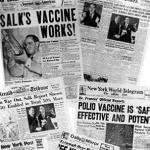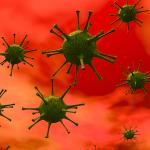By Jeff Singer, M.D. and Josh Bloom, Ph.D
homelessness
Somehow, it's election season again. Although the general election isn't until November 2020, campaigning began in early 2019. Basically, in America, the presidential campaign cycle is roughly two years long. This is insane.
Public health is our passion at ACSH. We want to promote public health while simultaneously preserving individual liberty. That's been our goal since we were founded in 1978.
Last month, we reported on an earth-shattering documentary not-so-subtly titled Seattle Is Dying.
Imagine walking down a city sidewalk in winter. It's dark, wet, cold. You come across a man aged well beyond his years staggering along, grasping a wall so he doesn't fall down.
Lately, we keep expanding our winter vocabularies. From last year’s bomb cyclone to today’s snow squall, the term polar vortex already seems to be old news.
The homelessness crisis in several major cities across the United States is a national embarrassment. And the news keeps getting worse.
Downtown Los Angeles has been hit by typhus, a disease that most people probably have never heard of. What is it, and how did it happen?
Everybody hates heat waves. We hate them so much, in fact, that heat waves have a measurable detrimental impact on our society.
Unless they're eradicated smallpox-style, infectious diseases never disappear. Like an unlucky penny, they can show up at any time.












